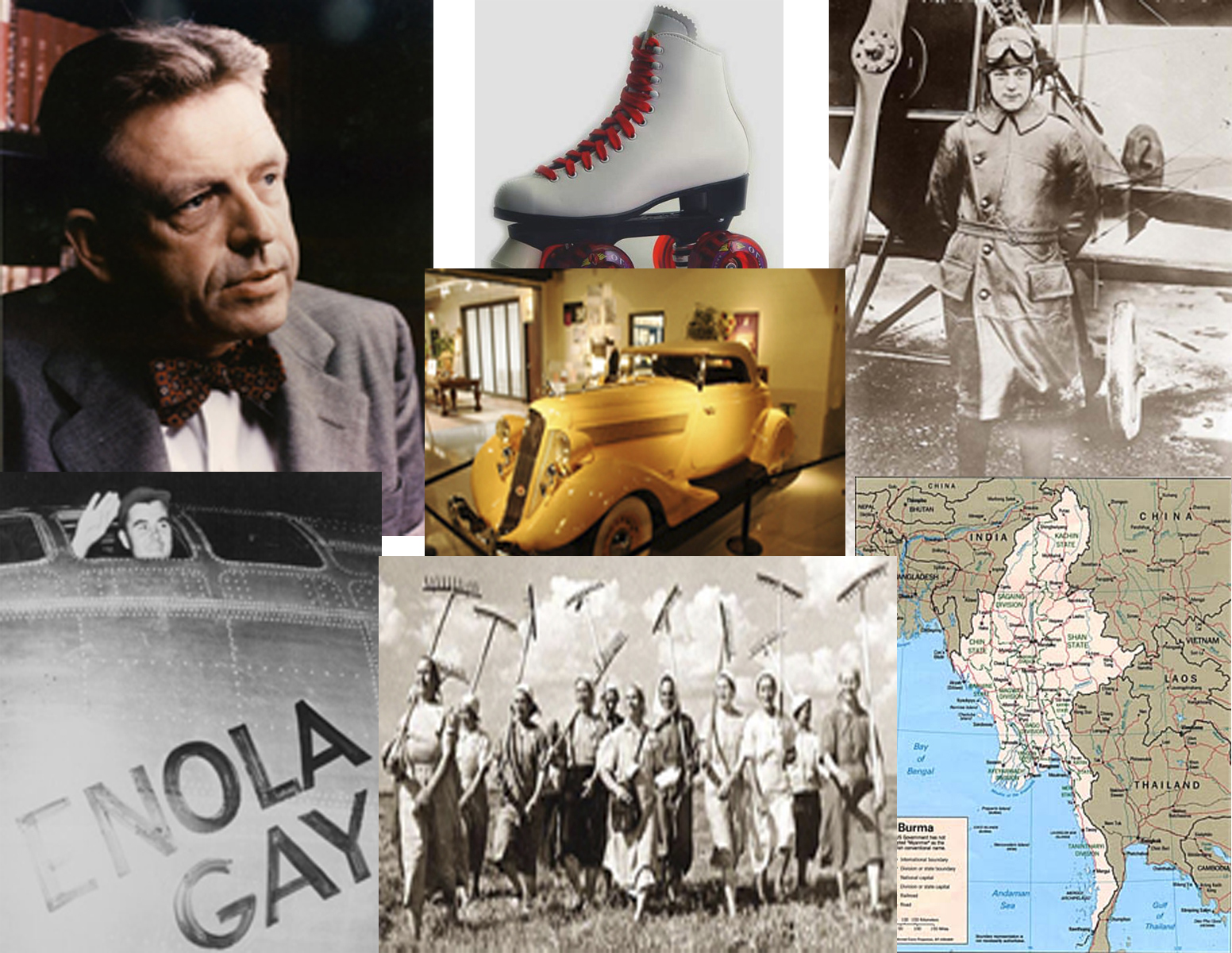31. Dubois County: Christian Communities in Southern Indiana, 1998-1999 10 Interviews
Indiana University Center for the Study of History and Memory
This project consists of Southern Indiana inhabitants discussing their life histories and their affiliation with area churches. Many of the interviewees discuss growing up on a farm and community cooperation during butchering and threshing seasons. Throughout these interviews they discuss church history, church picnics, and the church community. They also talk about the merger of the Congregational, Reformed and Evangelical churches into the United Church of Christ. The interviewees discuss the changes this had on the church ceremonies and activities. Two of the interviewees attend the Catholic Churches in the area and they discuss traditions and changes that they have seen in the Catholic Church since Vatican II and throughout their lifetimes.

